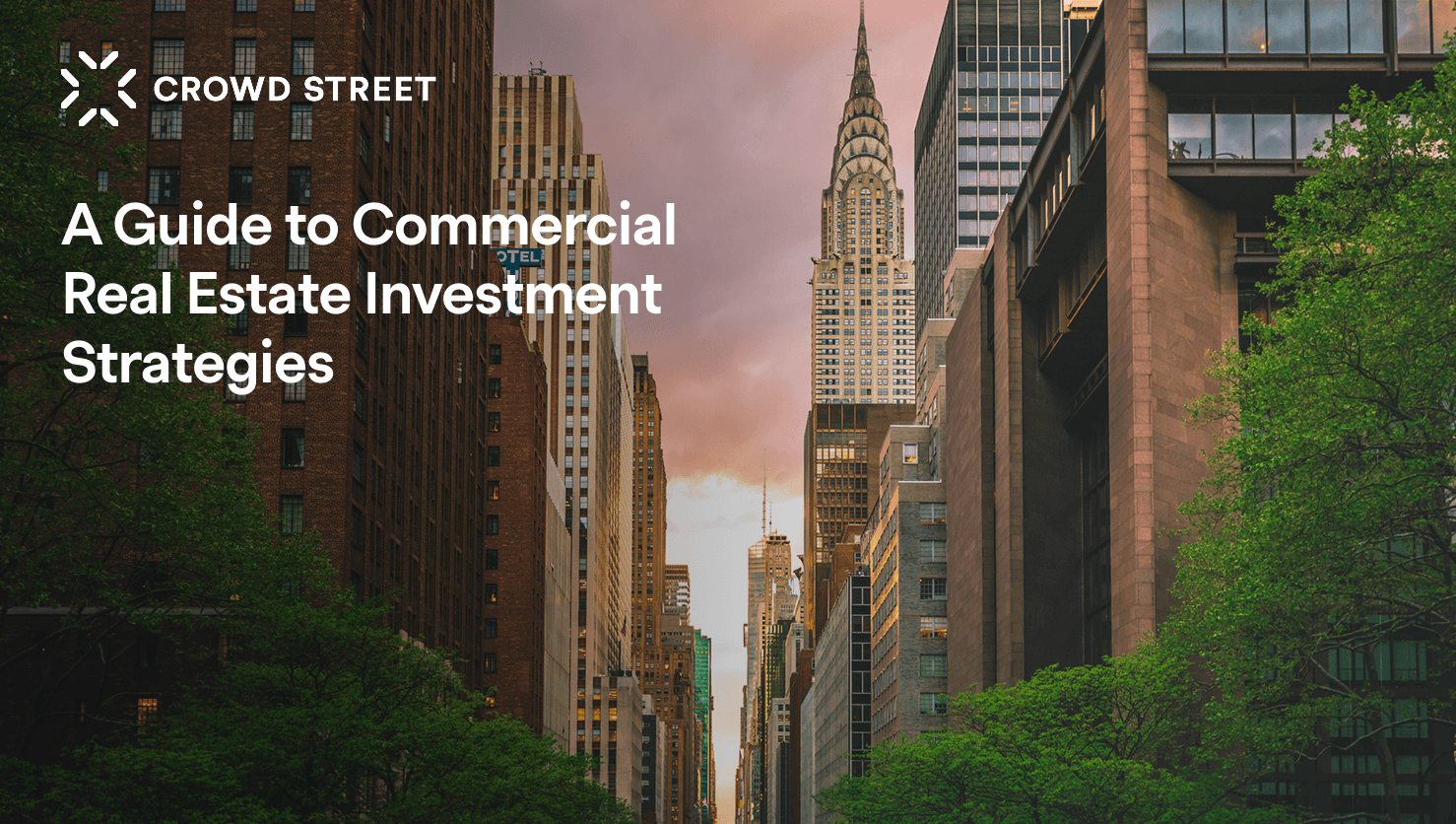Annual letters from some of the world’s biggest investment firms have become so closely followed they now spark news cycles of their own. Whether your preferred muse is Larry Fink, Jamie Dimon, or Marc Rowan, they’re all sounding the same alarm: public markets may not be what they used to be.
There are a few numbers many people know. The count of U.S. public companies has been cut nearly in half over the past two decades — from about 8,000 in the ‘90s to just 4,000 today.^1^ And stock markets have grown more concentrated than ever, with just ten companies now making up 40 percent of the S&P 500’s total value.^2^
But new, unsettling figures seem to surface every day. One stands out: nearly nine in ten companies with at least $100 million in annual revenue are private. It’s a sea change from the old days of investing.^3^

Source: Blue Owl, The growing opportunity in private markets; Capital IQ as of 9/30/24
For many individual investors, it adds up to this: your portfolio probably reflects much less of the economy than it used to. But it doesn’t have to stay that way.
For the first time, the largest and fastest-growing part of the economy^4^ — the private markets — is broadening its access to individual investors. Let’s unpack what these markets are and how investors can think about this expanded access.
Where Did All the Public Companies Go?
Public markets have shrunk by nearly half over the past two decades, but there aren’t necessarily fewer U.S. companies. Where did they all go? For the most part, into the private markets.
Over that same 20 years, the number of private equity–backed companies grew from about 1,900 to more than 11,000 — a nearly 500 percent jump.^5^ And today, there are roughly six times as many private “unicorns” (companies with a $1 billion valuation) as there are public companies with an equivalent market cap.^6^
For many institutions and the ultra-wealthy, that growth has proved attractive. Assets held by (private equity) expanded fifteenfold between 2000 and 2022.^7^ And among individual investors with more than $10 million in assets, about 80 percent now allocate to private markets.^8^
Before we toss out any more numbers, you might be wondering: why haven’t any of these (private investments) ever crossed my desk?
For a long time, they were simply off-limits. Regulations and old-school private equity norms meant that unless you were ready to cut a multimillion-dollar check, you likely weren’t getting into one of these funds.^9^
Today, though, new products and federal rule changes are cracking that door open for individual investors.^10^ You no longer have to be a pension fund, Fortune 500 CEO, other institutional or ultra–high-net-worth investor to diversify into categories like private equity and (private credit). One of the platforms leading that shift is Crowd Street, a (platform for self-directed access to private assets).
How Crowd Street Is Expanding Access to Private Markets
For more than a decade, Crowd Street has enabled accredited investors to (build portfolios in commercial real estate). Today, the company has expanded its offering to a broader range of (private market opportunities), including private equity, private credit, and (venture capital).
To do it, Crowd Street has entered into a strategic relationship with Callan, one of the world’s leading institutional investment consultants, who will support Crowd Street by helping review and conduct diligence for select private market investment opportunities. They’ve also launched distribution agreements with top global asset management firms to offer investments traditionally reserved for their institutional and high-net-worth clients.
Private assets, like public ones, come with both opportunities and risks. It’s true that they’ve grown faster and larger than their public counterparts in recent decades^6^ — but that growth doesn’t guarantee safety.^11^ It's important for investors to understand that the investment opportunities on the Crowd Street Platform are speculative and involve substantial risk. Investors should not invest unless they can sustain the risk of loss of capital, including the risk of total loss of capital.
Crowd Street represents opportunity: the chance to diversify beyond concentrated public stocks, to invest across the broader economy, and to participate in similar types of assets that institutions and the ultra-wealthy have for decades.
For the first time, these opportunities are in your hands. And Crowd Street is there to support you along the way.
{{ CrowdStreet, Inc. (Crowd Street) offers investment opportunities on its website (the “Platform”). Broker-dealer services in connection with the placement of securities are offered through CrowdStreet Capital LLC (Crowd Street Capital), a registered broker-dealer Member FINRA/SIPC. Investment advisory services are offered exclusively to private funds and not otherwise provided to Crowd Street’s members through CrowdStreet Advisors, LLC (Crowd Street Advisors), a federally registered investment adviser. This communication is for informational purposes only and should not be regarded as a recommendation, an offer to sell securities, or a solicitation to buy any investment products or services. Investment opportunities available through Crowd Street are speculative and involve substantial risk. See our Terms of Use, and Privacy Policy. }}
{{ This article was written by an employee of Crowd Street and has been prepared solely for informational purposes. This article is not intended to be relied upon as advice to investors or potential investors and does not take into account the investment objectives, financial situation or needs of any investor. All investing involves risk, including the possible loss of money you invest, and past performance does not guarantee future performance. All investors should consider such factors in consultation with a professional advisor of their choosing when deciding if an investment is appropriate. }}
{{ The views and statements expressed by this publisher are made solely by the third party and are based upon the opinions of the publisher. }}




